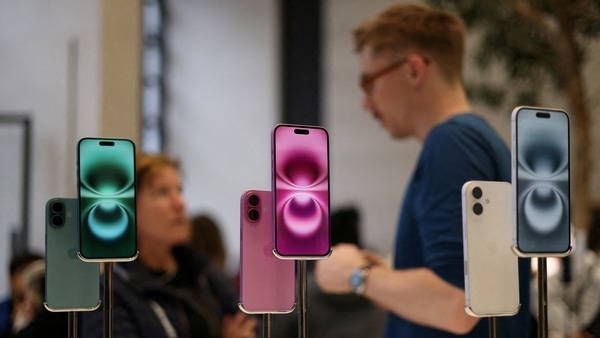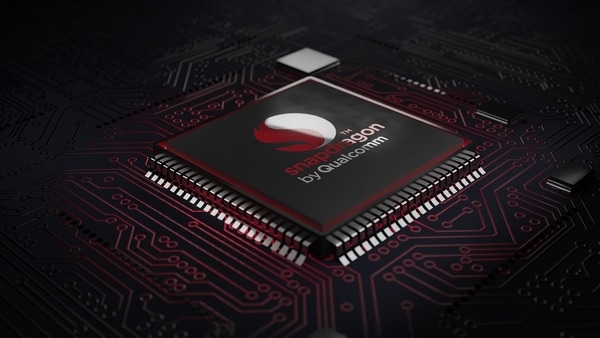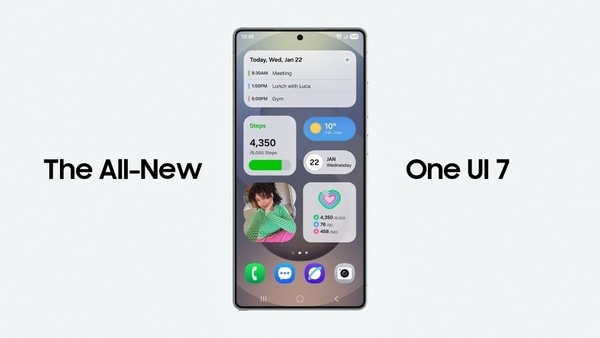
Will smartphone prices decrease after Budget 2024? Dont expect any major surprise
8 months ago | 78 Views
Finance Minister Nirmala Sitharaman announced a decrease in the Basic Customs Duty (BCD) on smartphone components like printed circuit boards and mobile chargers from 20% to 15% in the Union Budget 2024. While this reduction in BCD sounds like a welcome move hinting at prices of smartphones in India coming down, in reality, the market doesn't expect much of a change.
With thin margins, increasing prices of chipsets, a fluctuating Rupee and intense competition in mid to premium smartphone segments, the 5% reduction in BCD may not be enough to pass on the benefits to buyers. Things would be usual for market leaders like Samsung and buyers shouldn't expect any major price cut on Samsung smartphones apart from regular offers as the company makes almost all devices in India.
Echoing similar sentiments, Abhilash Kumar, Industry Analyst at TechInsights said, ?I believe the sub ?10,000 segment is going to be exciting as Qualcomm, Mediatek and Unisoc are launching affordable 5G chipset. So, people in the ?10000 to 13000 price segment might switch to sub ?10,000 if 5G devices are available. It might have a little impact in the mid-segment but I believe it would be a minimal one if any. Don't expect much price cut in any other segment right now. However, the card offers and financial tie ups of pure player platforms like Flipkart and Amazon along with the festive sales may bring the price down in H2 2024.?
BCD reduction of 5% doesn't impact smartphone brands in a big way
As the margins are thin and duty reduction is nominal, a lot depends on whether smartphone brands would want to pass the benefit to buyers. ?The reduction of BCD (Basic customs duties) on smartphones, chargers and PCBA will not have any major impact on the prices of smartphones. We may expect a price cut of 1-2% on an average from this move, however, this depends on OEMs if they want to pass this to the end consumer. In the lower price segments, we may not see this as in these price segments, the margins are very low. However, on the overall electronics manufacturing, the government has focused on a very key area, which is upskilling. Announcements regarding upskilling shows the government intent to grow a high-skilled labour force and will help the electronics manufacturing sector secure high-skilled local talent,? said Tarun Pathak, Research Director, Counterpoint Research.
Another aspect to consider is that the market is looking at launching affordable 5G handsets to help users shift from feature phones to 5G smartphones. ?Reducing the basic customs duty on smartphone parts to 15% will potentially foster local assembly and attract further foreign investments. It could also contribute to potentially reducing smartphone prices, particularly in the crucial ?7,000-24,000 range for 5G smartphones known for their value. While premiumisation remains a key trend, improving access to affordable and value-oriented smartphones is equally vital for expanding the market,? said Prabhu Ram, VP - Industry Research Group (IRG), CyberMedia Research (CMR).
On similar lines, Navkendar Singh, Associate Vice President, IDC India said, ?I would love to see some price reduction on below ?25k, specifically below ?12-13k to give boost to more 5G device uptake and possibly seeing a 5G device below ?8k, which can certainly help getting the market on growth track by getting Feature phone to Smartphone migration at entry level.?
Will drive healthy competition in smartphone market
Transsion India, the company that owns smartphone brands like itel, Infinix and Tecno, a dominant player in the affordable segment, feels the move by the government will foster competition.
?Transsion India welcomes the Ministry of Finance's decision to reduce the basic customs duty from 20% to 15% on mobile phones, mobile PCBA, and chargers. This policy change will significantly benefit both manufacturers and consumers, fostering a more competitive smartphone market and strengthen our position in the global market, said Arijeet Talapatra, CEO, Transsion India.
The 5% reduction in BCD may help new players in the market to price their handsets more competitively. "We believe the government is streamlining the duty structure around 15% or lower for mobile phones which has grown into a robust manufacturing ecosystem with increasing value addition. This 5% reprieve will be great for some new entrants who are entering the smartphone market and don't have a partner yet,? said Neil Shah, VP, Counterpoint Research.





















